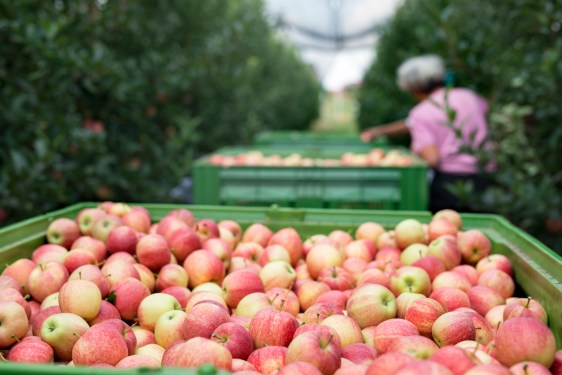The Scale of Food Waste
In the United States alone, it’s estimated that between 30% to 40% of the food supply ends up in landfills. According to a report by the United Nations, around one-third of the world’s food is wasted every year, amounting to an astonishing 1.3 billion tons – worth almost $1 trillion. Given the sheer scale and societal implications of food waste, it’s no surprise that numerous startups are attempting to tackle this challenge from various angles.
Startups Addressing Food Waste
Some notable examples include:
- Yume: A platform helping manufacturers turn potential food waste into cash.
- Divert: An algorithm-based approach tackling grocery store waste.
- Idaia: Applying AI to prevent surplus in supermarkets.
- Choco: Fostering a more sustainable food system for restaurants and suppliers.
ProducePay: Tackling the Root Cause
Another innovative startup working to combat food waste is Los Angeles-based ProducePay. Founded by Pablo Borquez Schwarzbeck in 2015, ProducePay aims to address the root cause of food waste – inefficient supply chains and logistics.
The Problem with Supply Chains
Traditional supply chains often lead to overproduction, spoilage, and waste due to various factors such as:
- Inaccurate demand forecasting
- Insufficient inventory management
- Lack of real-time data
ProducePay’s Solution
To mitigate these issues, ProducePay has developed a platform that provides real-time data insights, enabling growers and suppliers to make informed decisions about production, storage, and transportation.
Key Features:
- Real-time tracking and monitoring
- Predictive analytics for demand forecasting
- Automated inventory management
Impact and Growth
Since its inception, ProducePay has experienced significant growth, with trade volume on the platform increasing by almost 3x last year. The company is now valued at $136 million, following a recent Series D funding round of $38 million.
Future Plans
With the new investment, ProducePay plans to expand into Europe, Asia, Africa, and Australia, further reducing food waste globally.
Quote from Kyle Wiggers
"Even though many industries have presented a slowdown, fresh produce will always be indispensable and continues to grow as consumers demand healthier food choices," said Kyle Wiggers, Senior Reporter at TechCrunch.




